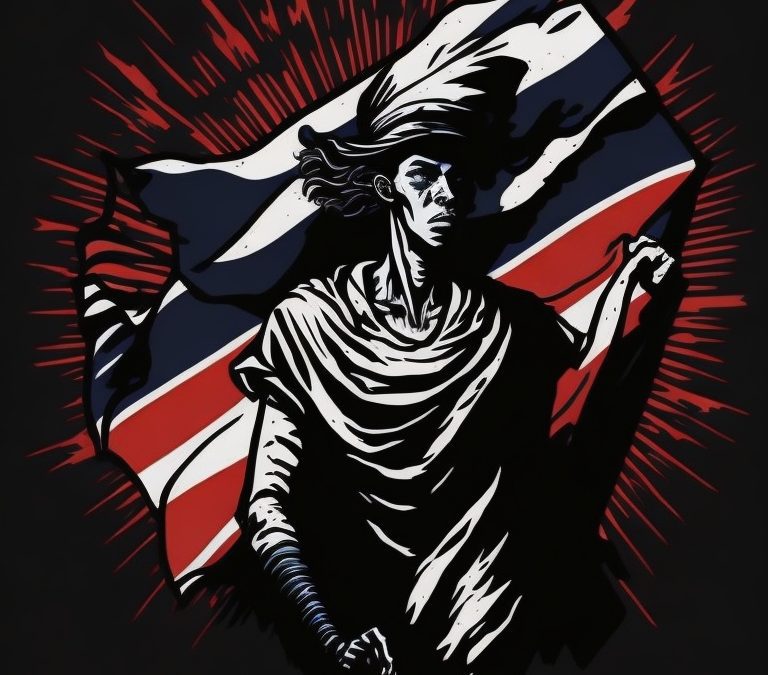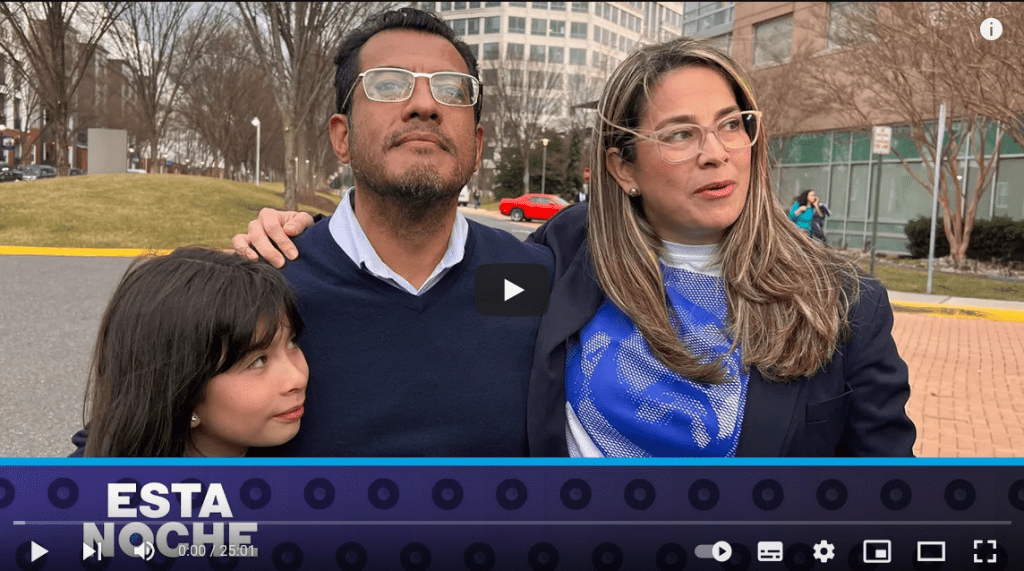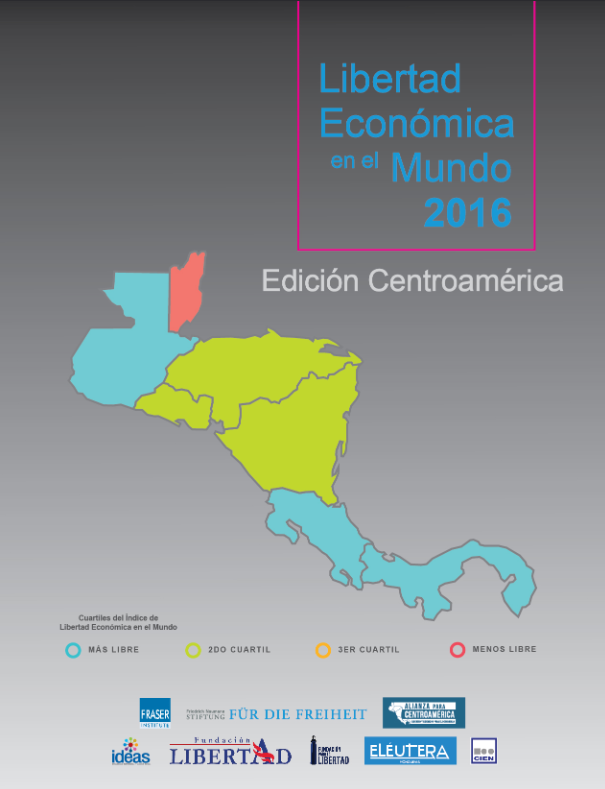
Por Félix Maradiaga Blandón
Es un académico y activista político nicaragüense. De 2002 a 2006 fue Secretario General del Ministerio de Defensa durante la presidencia de Enrique Bolaños. Maradiaga es el codirector fundador del Instituto de Liderazgo de la Sociedad Civil.
Usted puede contactarlo al correo: fmaradiaga@fundacionlibertad.org
(dedicated to Cuban political prisoner Lázara Karenia González Fernández)
By Felix Maradiaga Blandón.
Founder of Fundación para la Libertad de Nicaragua.
Cuban Resistance Assembly, Saturday May 20, 2023.
As a Nicaraguan who knows firsthand the civic struggle for democracy in my own country, I cannot help but feel a sense of admiration towards the unyielding spirit of Cubans who advocate for the freedom of their island, both inside and in exile.
Today is Cuba Independence Day. This day represents not only the liberation of Cuba from Spanish colonial rule 121 years ago, but also the ongoing struggle for freedom and democracy in that wonderful Caribbean nation.
For far too long, the people of Cuba have been denied basic human rights and freedoms by a repressive Communist regime that seeks to maintain its power at all costs.
The current regime has systematically oppressed political dissidents, restricted access to information and the internet, and suppressed free speech and expression.
Today they are close to 1400 political prisoners in Cuba. One of the citizens arbitrarily detained was Lázara Karenia González Fernández, imprisoned on July 11, 2021, simply for participating in peaceful demonstrations.
At the time of her arrest, she was twelve weeks pregnant. She was initially sentenced to three years and six months in prison.
She was held in house arrest until she gave birth, and is now being held again in the Bellotex penitentiary. She was charged with «public disorder, contempt and assault».
I would like to express my gratitude to the Cuban Resistance Assembly for providing me with the opportunity to announce the launch of a humanitarian campaign for the release of Lazara.
This initiative is part of the Casla Institute’s «Adopt a Political Prisoner of the World» program.
As a Nicaraguan and a former political prisoner, myself, I intimately understand the indignation and pain caused by arbitrary imprisonment.
The tyrannical and criminal regime in Cuba has perfected this method of torture, which is also employed in Nicaragua, Venezuela, and various parts of the world.
For several years, I have emphasized that the tyrannies in Nicaragua and Cuba are interconnected dictatorships.
These regimes learn from each other’s tactics, assist one another, and provide mutual support. Consequently, human rights defenders and freedom fighters must unite in confronting these dictatorships for what they truly are—organized criminal structures.
Recently, during the activities of the Geneva Summit, I called upon the international community to establish a new international treaty focused on arbitrary arrests and the use of imprisonment as a political weapon.
I believe that, through the formation of a robust network of democratic solidarity, we can effectively promote and secure the future of freedom in oppressed nations.
This vision extends to countries like Nicaragua, Cuba, and Venezuela, where the people yearn for liberation. However, the challenge of fighting for freedom goes beyond our continent.
Among the intricate web of oppressive regimes, Cuba stands as a prominent example, representing the epitome of tyrannies.
Nevertheless, the gravest global threat to individual freedoms emanates from China, which shamelessly extends assistance and finances to autocracies worldwide.
In partnership with Russia and Iran, China is constructing a bloc that poses a significant risk to the free world and undermines the core values upon which Western democracy thrives.
Consequently, it is of utmost importance to demonstrate unwavering solidarity with Taiwan and devote our full efforts to supporting their cause, just as we actively work towards liberating the Cuban people, who are currently held hostage under the oppressive Diaz-Canel dictatorship.
In this celebration of the triumph of Cuba’s brave people in the war of independence 121 years ago, Ukraine occupies a privileged place in our hearts.
The courageous people of Ukraine are imparting a lesson of dignity to the entire world. Ukraine’s struggle not only concerns the territorial interests of the nation but also shapes Europe’s response to Russia’s expansionist aspirations and thus determines the future of the free world.
The martyrdom endured by the Cuban people within the island, under the oppressive rule of the one-party dictatorship imposed by the communist party, vividly illustrates the immense difficulty of escaping these entrenched tyrannies.
The people of Nicaragua understand this reality all too well, as we achieved democracy at a tremendous human cost back in 1990. However, the mistakes made during Nicaragua’s democratic transition, such as political compromises and instances of corruption, overshadowed the remarkable achievements in building peace.
This experience taught us that merely overthrowing these regimes is insufficient. The people must be aware that the democratic alternative entails not only freedom but also social justice, transparency, and the capacity to address the challenges faced by the most vulnerable communities.
Furthermore, the Nicaraguan case demonstrates that impunity is a grave mistake with severe consequences.
Ignoring justice for crimes against humanity in the name of reconciliation following the war in the 1980s hinders any democratic transition, rendering it incomplete and unsuccessful. True freedom can only be constructed on the foundation of justice.
Moreover, the lesson we learn from our people, as exemplified by every Cuban in exile advocating for the freedom of their homeland, is that our fight will never cease.
Violence is not necessary to liberate our people; we can achieve it through nonviolent means, but only if it is accompanied by concrete and effective actions from the international community, hand in hand with internal resistance.
This conviction assures me that Cuba will eventually be free, as Cubans who lack basic rights continue to demonstrate their unwavering spirit through peaceful protests, despite the risk of imprisonment.
Cuban citizens who love their country will never surrender. Similarly, Nicaraguans will never give up in our pursuit of freedom for our nation.
Despite facing repression and violence from the Cuban Police, the Cuban people persist in their struggle for rights and freedoms.
From the courageous activists who risk their lives to speak out against the regime to ordinary citizens who quietly resist in their own ways, the spirit of resistance and resilience remains strong in Cuba.
I have unwavering faith that a new Independence Day is on the horizon.
It may arrive not only for Cuba and its people but also for other nations worldwide who are tirelessly fighting for freedom and fundamental human rights, such as Venezuela and Nicaragua.
The indomitable spirit of the Cuban people, both within and outside of Cuba, serves as a powerful symbol of their unwavering quest for liberty.
Witnessing their determination, even in the face of imprisonment and deprivation, fills me with hope for a brighter future.
As we commemorate Cuba’s Independence Day, it is crucial that we keep the ongoing struggle for democracy and human rights in our hearts and minds.
The Cubans who continue to fight for their rights deserve our utmost respect and support. May their courage and resilience inspire us all to stand up for justice and the principles that uphold the dignity of every human being.



